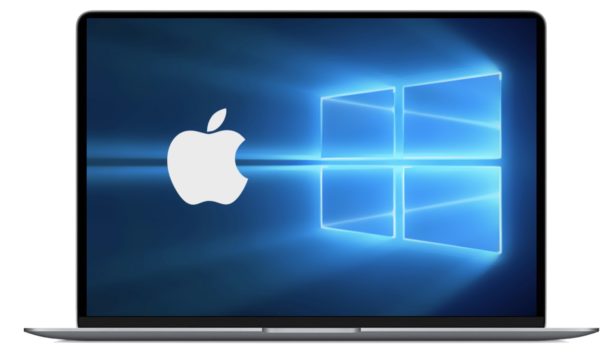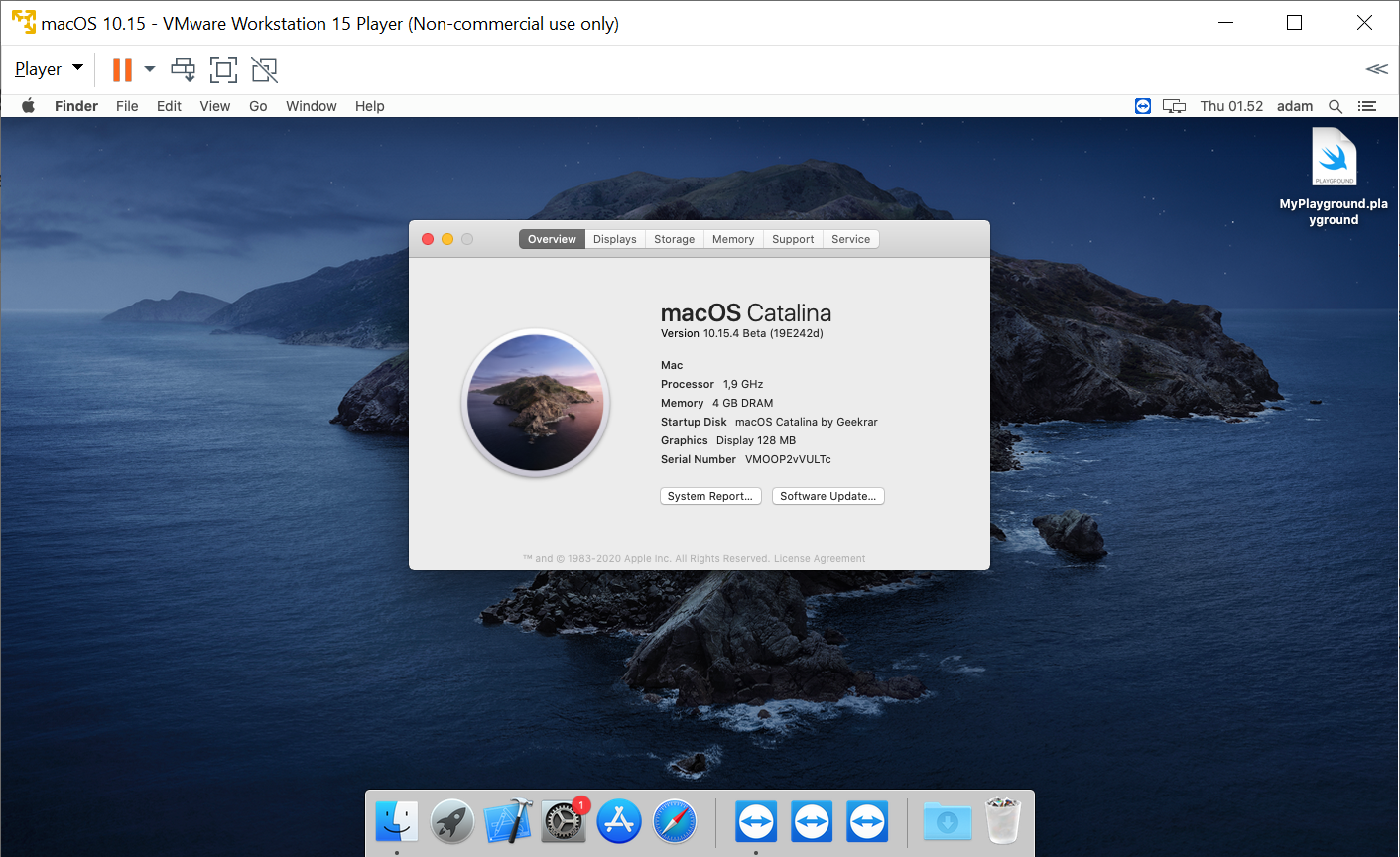


To increase the performance of the virtual disk, enable Host I/O Cache on Controller: SATA. In addition, if you plan to use a virtualization program within the VM, you can enable Nested Paging.įinally, configure the Video Memory of the macOS Big Sur guest machine to 128 MB. Click on the Acceleration tab and tick the Hardware Virtualization feature. Otherwise, you may encounter the Load_init_program error during installation.īy enabling the virtualization feature on the virtual computer, you can set up faster and increase system performance.

If you just want to install and test, 50 GB disk size will be enough.Īfter preparing the guest virtual machine, open its settings and remove the Floppy device from the System / Motherboard / Boot Order settings and configure the optical drive as the primary device.Īdd 4 processors to the macOS machine in the System / Processor tab. Determine the size of the virtual disk according to the workload you will do in the macOS virtual system. If your host computer’s disk is SSD or NVMe, it would be better to configure the virtual disk as Dynamically allocated.īack up the installation and virtual disk location of the virtual computer to the external disk and do not fill the capacity of your host disk unnecessarily. On older computers, a fixed-size virtual disk will provide an extra performance boost. If you configure the virtual hard disk as Fixed Size while creating a virtual machine with VirtualBox, a space equal to the size of the virtual disk will be allocated on your host disk. Select VDI (VirtualBox Disk Image) as the virtual hard disk type you will create and click Next. But if you are doing a clean installation, choose the Create a virtual hard disk now option and click the Create button to continue. If you have the virtual machine disk installed, you can add it to the virtual hard disk window and run your macOS system directly. Under normal conditions, a macOS virtual computer runs smoothly with a memory size of 4096 (4 GB). If the capacity of your host RAM is 16 GB, assign 8 GB RAM size in the Memory Size window. You need to allocate RAM size to the virtual machine according to the hardware performance of your host computer. In the Version section, select which version of macOS you will install, and then click the Next button. In the Create Virtual Machine window, type the version of the macOS system in the Name field and select Mac OS X from the Type field.
#How to install mac os x windows 10 how to
How to Create a New VM for macOS Big Surīefore starting to create a virtual machine, install VirtualBox on your Windows 10 system, and then download and add the Extension Pack.Īfter running the virtualization program, click the New button in the tool menu to create a new virtual computer for macOS Big Sur. You can also use this image file on VMware Workstation, Fusion, or ESXi server.
#How to install mac os x windows 10 Pc
After creating a virtual PC for macOS in VirtualBox, you only need to run a few codes before starting the installation.īefore proceeding with the installation steps, download the Big Sur ISO file from this link to your host computer. On Oracle VM VirtualBox, you do not need to use a program such as Unlocker. We couldn’t create a new virtual PC for macOS Big Sur without using the Unlocker program on VMware. You can install Big Sur on Windows 10 by using one of the VMware Workstation or VirtualBox virtualization programs. You can use one of the virtualization programs to run and use the macOS operating system on a desktop or laptop computer without an Apple Mac computer.


 0 kommentar(er)
0 kommentar(er)
